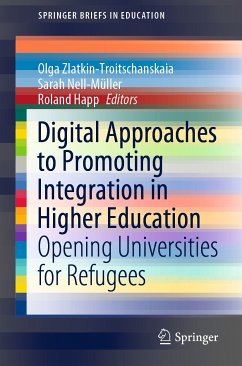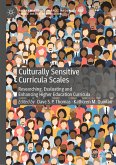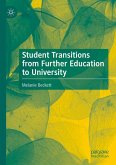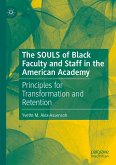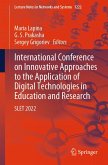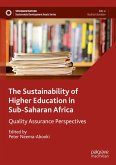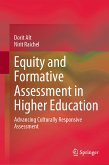This book discusses digital learning opportunities in higher education for refugees with different educational, social, cultural and linguistic backgrounds. Based on findings from practical studies and research projects from several countries, the book highlights the numerous challenges when it comes to the successful integration of refugees into higher education. These challenges arise at both the individual and the institutional level. The contributions included in this book show how these challenges can be effectively met using digital teaching-learning platforms. The work thus offers a comprehensive insight into the opportunities online-based learning platforms offer regarding the successful integration of refugees into higher education
Overall, the research presented in this volume is relevant for political stakeholders, university practitioners in the field of migration research, university research, and online and digital learning.
Dieser Download kann aus rechtlichen Gründen nur mit Rechnungsadresse in A, B, BG, CY, CZ, D, DK, EW, E, FIN, F, GR, HR, H, IRL, I, LT, L, LR, M, NL, PL, P, R, S, SLO, SK ausgeliefert werden.

